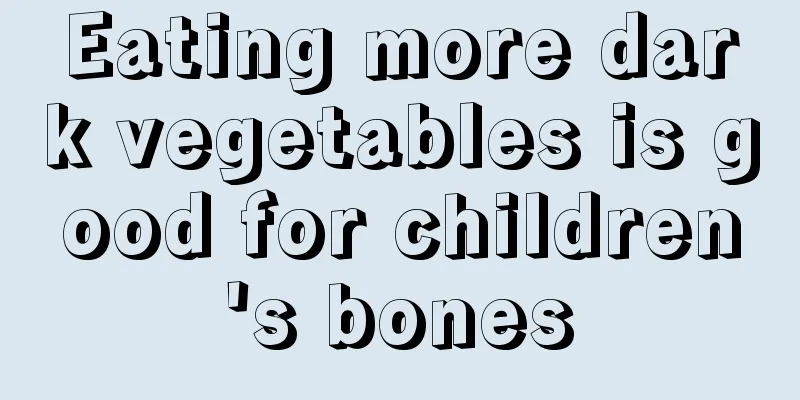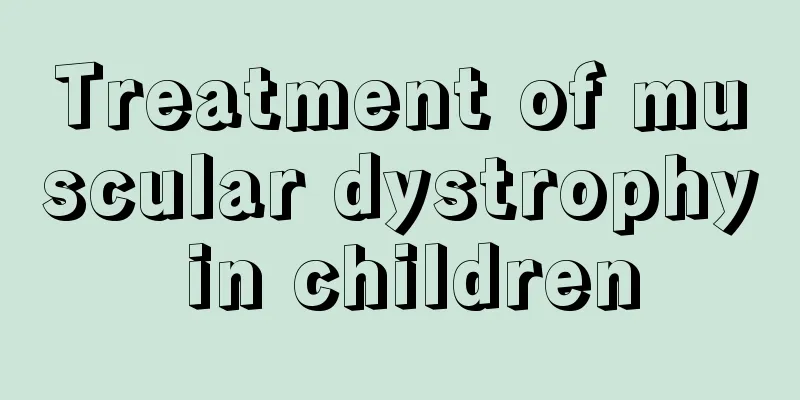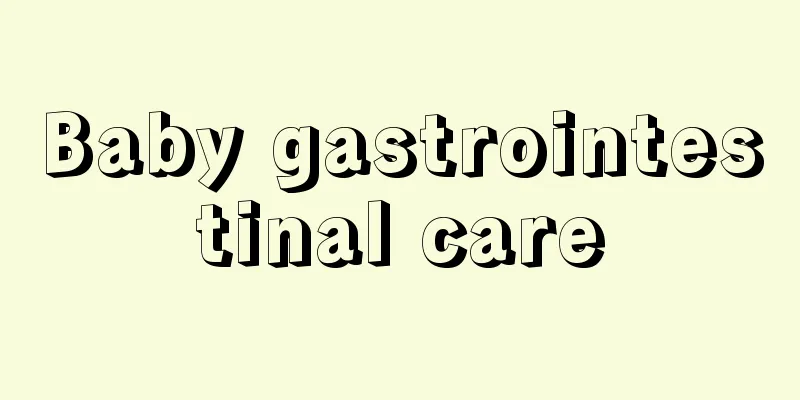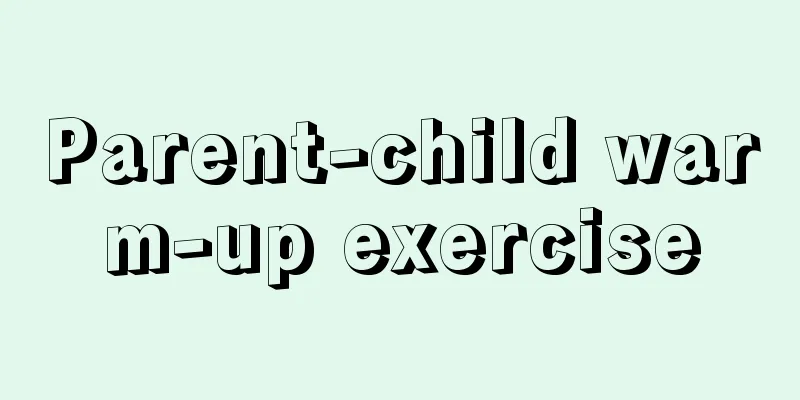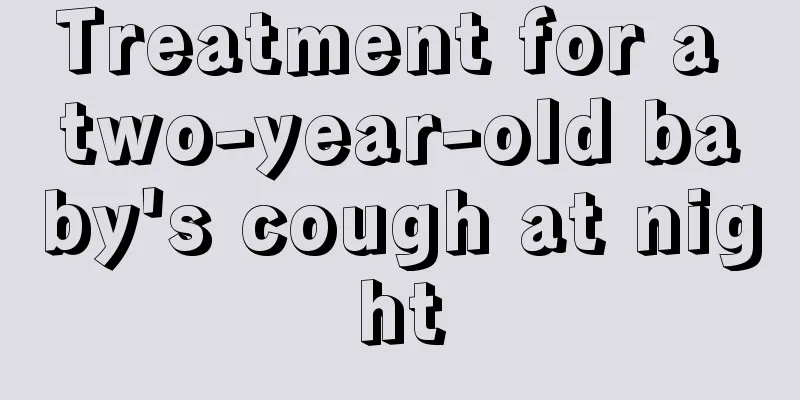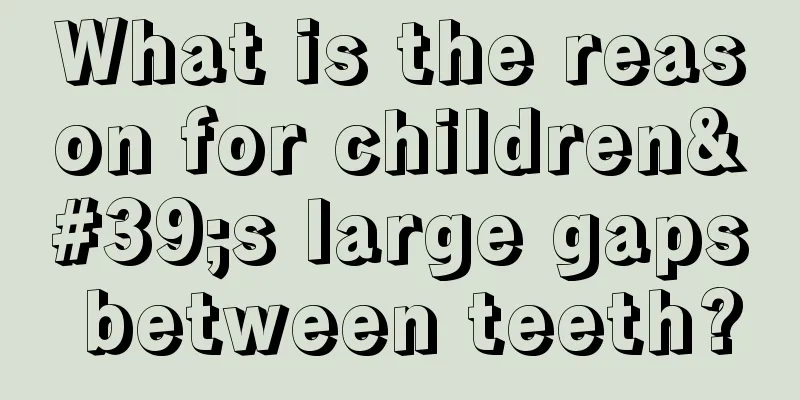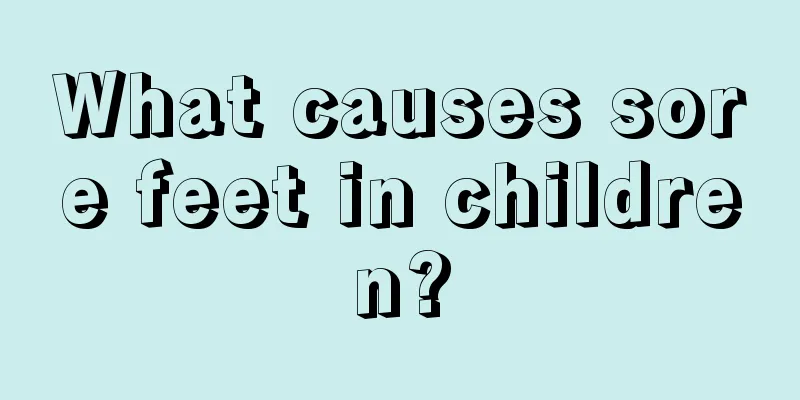Baby drooling time
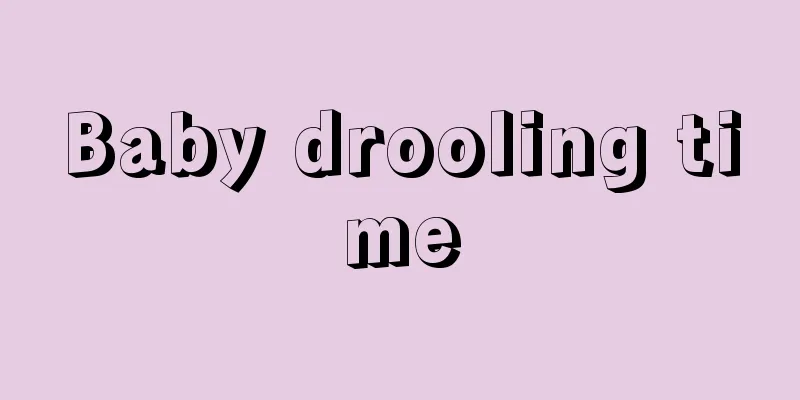
|
Many people drool, which seems to be a normal phenomenon. However, frequent drooling means that there is a problem with the body, a common one being oral disease. Therefore, if you drool severely, you should undergo a physical examination to avoid worsening of the problem. So when does a baby drool? This is something that many parents are not clear about. Let's introduce it in detail below. Baby drooling time: Neonatal period: Newborn babies generally do not drool Since saliva is secreted by the salivary glands, during the neonatal period, the baby's salivary glands are not yet developed and secrete less saliva, so there is no excess saliva flowing out of the baby's mouth. In addition, newborn babies only eat breast milk, milk powder or liquid food, these foods do not stimulate the salivary glands much, so the secretion of the salivary glands is very small. 4-5 months: The salivary glands are stimulated and saliva begins to increase. When the baby is 4 to 5 months old, the addition of complementary food plays a vital role in the baby's growth. The baby's diet gradually begins to be supplemented with foods containing nutrients such as starch. After the salivary glands are stimulated by these foods, saliva secretion increases significantly. At this time, the baby's mouth is small and shallow, and the swallowing reflex function is not yet perfect. He cannot use swallowing movements to regulate saliva, so as long as there is too much saliva, it will flow out of the mouth. In addition, many babies like to suck their fingers, pacifiers, etc., which also stimulates the secretion of salivary glands and increases saliva. 6-7 months: The first eruption of deciduous teeth stimulates the nerves on the gums, causing more saliva Babies usually start to get their first teeth around 7 months old. When the deciduous teeth erupt, the small teeth push outward from the gums, causing mild swelling and discomfort in the gum tissue, thereby stimulating the nerves on the gums and causing a reflex increase in the secretion of the salivary glands. This is why experienced elders not only do not frown but also show a happy expression when they see babies drooling. It is a happy thing for babies to grow teeth! After understanding the time when babies drool, parents can know the baby's tooth development according to the time of baby drooling. However, it should be noted that if the baby drools frequently, it is necessary to check it in time to avoid other problems of the baby. Parents should also pay attention to this. |
<<: Why does the baby have a red birthmark on his face?
>>: What is the baby's temperature?
Recommend
What to do if a one-month-old baby has a fever of 37.7
The biggest headache for many young parents is th...
Premature baby choking
Premature babies are becoming more and more commo...
What's the harm in hitting a child in the face?
In the past, it was very common for Chinese paren...
What happens if my child has a lump on his chest?
Parents are very concerned about the development ...
How to treat spleen deficiency symptoms in children?
Nowadays, parents will take their children to the...
Side effects of sedatives on children
The pharmacology of sedatives is mainly to calm p...
There are some small bumps on the child's forehead
Children are the treasures of every family. With ...
How old can babies eat tofu?
Tofu is a very simple ingredient for us. It can b...
How to treat sinusitis in children
Sinusitis is a disease that cannot be completely ...
What causes itchy nose in children?
If you feel itchy inside your nose, you need to s...
What should I do if my child’s baby teeth haven’t fallen out and new teeth have grown?
When children in the family start to lose their b...
What are the side effects of enema for babies?
When children are young, it is very difficult to ...
Waking up with swollen eyes
Don't be too anxious if you find that your ch...
What causes black spots in baby's eyes?
Every family hopes that their children can grow u...
How to lose weight if your child is fat
Now people's living standards have improved, ...


